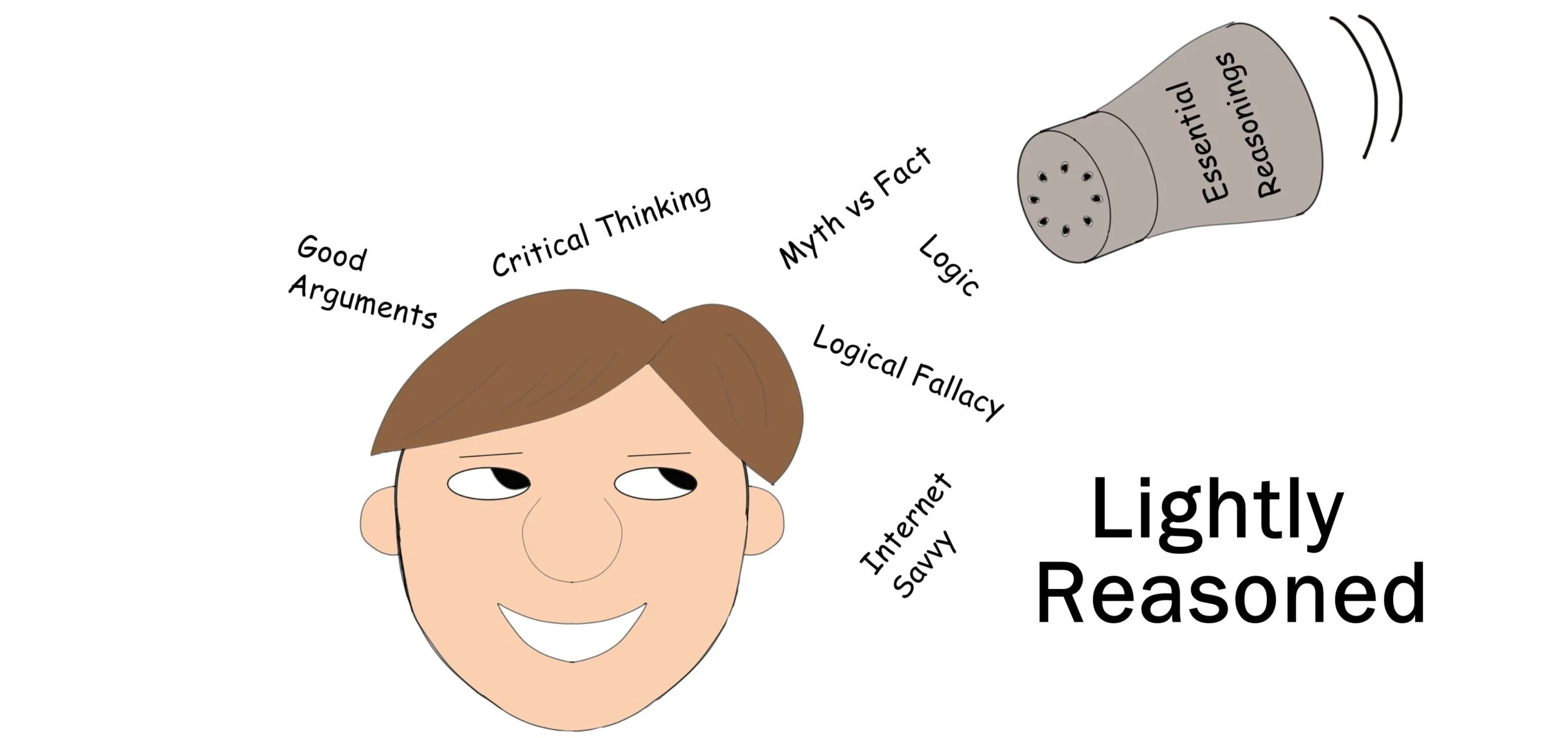With a finite set of topics which I could discuss its inevitable that I’d eventually have to talk about probability, isn’t it? As I write more articles that don’t feature probability you have to think that the next one will feature it. The longer I go not writing about probability, the more I’m due, obviously.
Are you sure about that? Is there anything else going on here that could lead us to the wrong conclusion? Probably.
We’re going to have to go back to the roots of probability. Of course, I’m talking about toast. Let’s assume that we have a piece of fair toast with a burned image of Stephen Hawking on one side. A piece of fair toast is one that if tossed in the air has an equal chance to land on either side. I toss that piece of toast and it lands Stephen Hawking down. I toss it again and it’s Hawking down again. One more toss and the late great professor is still staring at the floor. Surely on the next toss it’ll land with the renowned physicist looking to the heavens. We’re due to see him!
Probabilities are sometimes viewed as hard to understand, but that’s not true. The basics are pretty simple. When we temporarily levitate our bread over and over, each toss is independent of the one before it. That means the results of the first toss do not affect the second, the second does not affect the third, and so on. This is also known as classic probability. Hawking’s toast, when tossed, has a 50/50 chance of landing physicist up. If we try it 5 times and dear Stephen always stares at the floor we may feel like there is a greater chance he’ll be face up on the next try. But that’s not the case as it’s still just 50/50.
Our trusty human brains are always trying to make sense out of nonsense which is very helpful in keeping us alive. Sometimes it can lead us astray though. These classic, or independent, probabilities make us want to think of them as dependent. We know the toast can’t always land astrophysicist floorward and any time we see too many examples like that we start to think the next can’t be the same, that we’re more likely to get a Hawking. This is what we have to be on guard for. Our brains want us to think the independent actions are actually dependent.
Lots of things that we think are dependent probabilities aren’t. A sports team with a losing streak is due for a win simply because they’ve lost a bunch. But really, the number of games lost doesn’t affect the next games outcome. It’s more likely that player health, caliber of the opponent, venue or other factors would affect the outcome. Weather is another example – it’s been so dry lately we’re due for some rain. However, the number of dry days does not affect the next days weather. I know that weather is extremely complex and we could argue that there is some effect but it’s so tenuous and difficult that the simpler answer is that one day’s weather does not affect the next. Ask anyone in a long-term drought. A poker player who’s had some bad hands may feel they are due for a good one but if the deck is shuffled between plays they are no more likely to get a better hand than on the last one.
There are conditional, or dependent, probabilities as well. And we have to go back to toast for this, or more generally, breakfast. Have you ever gone out for breakfast and only had the server bring syrup if you ordered pancakes? If so, then what is the probability you’d get syrup without ordering pancakes? Maybe it was in error, or it’s just standard practice if you want more maple-y bacon. The probability of getting syrup is based on the type of breakfast ordered. Syrup is dependent on pancakes. This doesn’t mean you won’t get syrup if you don’t order pancakes, but that you are less likely to get your distilled tree blood without first ordering height challenged cake.
Was I really due to talk about probability? No, there is a very large set of topics I could discuss. With the passing of each article, the likelihood of my delving into probability would not change overly much. If you hear a probability brought up just ask yourself – is it independent or dependent. Independent – then the odds never change. Only dependent occurrences can affect the odds. With each toast flip we may wish we could see more Hawking, but alas we’re no more likely than the last time.

